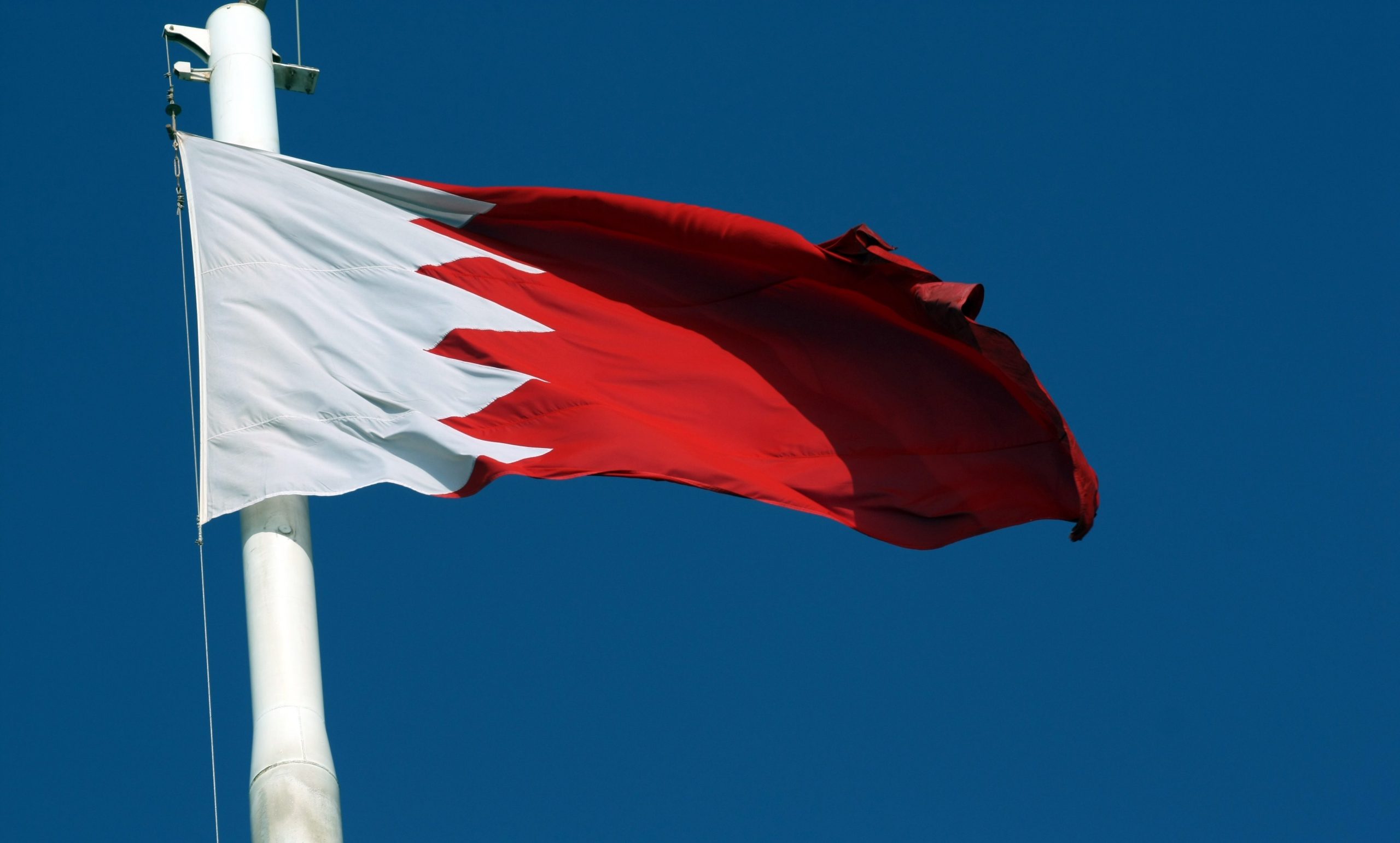Embassies of both countries also remain shut and there have been no updates on the return of their ambassadors.
Qatar and Bahrain ties have witnessed a recent “development” following the signing of the 2021 Al-Ula Declaration, a Manama foreign ministry official confirmed on Sunday.
“There is a development in the relations with the brothers in Qatar,” Foreign Ministry Undersecretary for International Affairs Sheikh Abdullah bin Ahmed Al Khalifa told Asharq Al-Awsat.
Al Khalifa’s comments come following several others made by Bahraini officials since the beginning of the year regarding the rapprochement with Qatar.
Recent months witnessed more discussions between Doha and Manama following a notable absence in communication between both countries, since the 2017 Gulf Cooperation Council crisis.
At the time, Bahrain joined Saudi Arabia, the United Arab Emirates and Egypt in imposing an illegal air, land and sea blockade on Qatar over claims that it supports terrorism.
Doha had dismissed those claims as baseless.
The region’s worst dispute came to an end in 2021 with the signing of the Al-Ula Declaration.
However, there was an apparent delay in the Qatari and Bahraini reconciliation in comparison to the former’s ties with other members of the quartet, most notably Saudi Arabia.
Even after the signing of the accord, Bahrain carried out numerous moves against Qatar that analysts had described as “provocative”, which included reported breaches in Doha’s territorial waters.
In January, Qatar’s Amir Sheikh Tamim bin Hamad Al Thani and Bahrain’s King Hamad bin Isa Al Khalifa met in Abu Dhabi, marking the second such meeting since the dispute erupted.
Just days after the meeting, a phone call took place between Amir Tamim and Bahrain’s Crown Prince Salman Al Khalifa where they discussed “outstanding issues”.
Last month, Qatar and Bahrain’s foreign ministers met for the first time since the GCC crisis.
During the meeting, Qatar’s Foreign Minister Sheikh Mohammed bin Abdulrahman Al Thani and his Bahraini counterpart Abdullatif Al Zayani agreed to “end the pending special files between them”.
A Qatari-Bahraini follow-up committee then held its first meeting in Saudi Arabia during the same month at the GCC’s headquarters.
“The two sides affirmed, during the meeting, that this step embodies the directives of the two brotherly States’ leaderships, and their keenness to preserve the future and entity of the GCC, and to work on its gains,” a Qatari foreign ministry statement read at the time.
Both sides had also “agreed to hold periodic and continuous meetings with the aim of achieving the desired goals”.
While Bahrain agreed to reopen its airspace following the signing of the Al-Ula Declaration, direct flights have yet to resume, though a Bahraini official confirmed they would return “soon”.
“The issue of the agreement remains on the agenda and is under review,” Manama’s transportation minister Mohammed Al Kaabi confirmed in January.
Last year, Manama abolished a visa requirement for Qataris, allowing them to enter Bahrain with ID cards.
Despite the update claimed to be for “all” GCC nationals, it failed to make mention of a U-turn on restrictions specifically targeting Qataris.
Prior to the latest entry policy change, all citizens of the bloc except Qatar were exempt from applying for a visa, per the Bahraini government’s portal—last updated in January last year.
To date, embassies of both countries also remain shut and there have been no updates on the return of their ambassadors.







